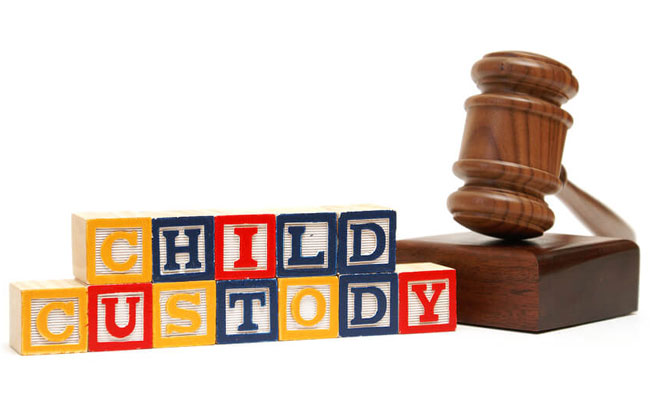Child custody and support are two of the most critical issues that arise during divorce or separation. These legal matters can be emotional, stressful, and complicated, but they are crucial to ensure the well-being and best interests of the children involved. In this article, we will explore child custody and support, including the types of custody, factors that courts consider when determining custody, and how child support is calculated.
Types of Custody
Legal Custody: Legal custody refers to the right to make important decisions about a child’s life, such as education, healthcare, religion, and upbringing. Legal custody can be awarded to one or both parents, depending on the circumstances.
Physical Custody: Physical custody refers to the physical care and supervision of a child. It involves determining where the child will live and who will provide daily care. Physical custody can be sole or joint, depending on the circumstances.
Sole Custody: Sole custody means that one parent has full legal and physical custody of the child, and the other parent has limited or no involvement in the child’s life. Sole custody is usually awarded in cases where one parent is deemed unfit or unable to provide adequate care for the child.
Joint Custody: Joint custody means that both parents share legal and/or physical custody of the child. Joint custody can be joint legal custody, joint physical custody, or both. Joint custody is often the preferred arrangement in cases where both parents are capable and willing to share parenting responsibilities.
Factors Considered by Courts
When determining child custody, courts consider various factors to ensure that the child’s best interests are met. Some of these factors include:
- The child’s age, needs, and preferences
- Each parent’s ability to provide for the child’s physical and emotional needs
- The child’s relationship with each parent
- Each parent’s physical and mental health
- Any history of abuse or neglect by either parent
- Each parent’s living situation and stability
Courts aim to create a custody arrangement that promotes the child’s welfare and provides a stable, nurturing environment for the child. In some cases, the court may appoint a guardian ad litem, a neutral third party who represents the child’s interests during the legal proceedings.
Child Support
Child support is financial support paid by one parent to the other to help cover the costs of raising a child. The amount of child support is determined by state laws and guidelines, and it is based on several factors, including:
- Each parent’s income
- The number of children involved
- The child’s needs and expenses, including healthcare, education, and childcare
- The amount of time the child spends with each parent
Calculating Child Support
To calculate child support, the court first determines each parent’s income, including salary, wages, bonuses, and commissions. The court may also consider other sources of income, such as rental income or investments.
Next, the court applies a formula or guideline to determine the amount of child support. The formula takes into account the number of children involved, the parents’ incomes, and the amount of time each parent spends with the child.
In some cases, the court may deviate from the guideline amount if there are special circumstances that warrant it. For example, if a child has special needs that require extra expenses, the court may adjust the child support amount to reflect these expenses.
Enforcing Child Support
If a parent fails to pay child support, there are legal remedies available to enforce the support order. The parent may face penalties, such as wage garnishment, suspension of a driver’s license or professional license, or even jail time.
Conclusion
Child custody and support are complex legal issues that require careful consideration and guidance from a family law attorney.
![]()






2 thoughts on “Child Custody and Support Law”